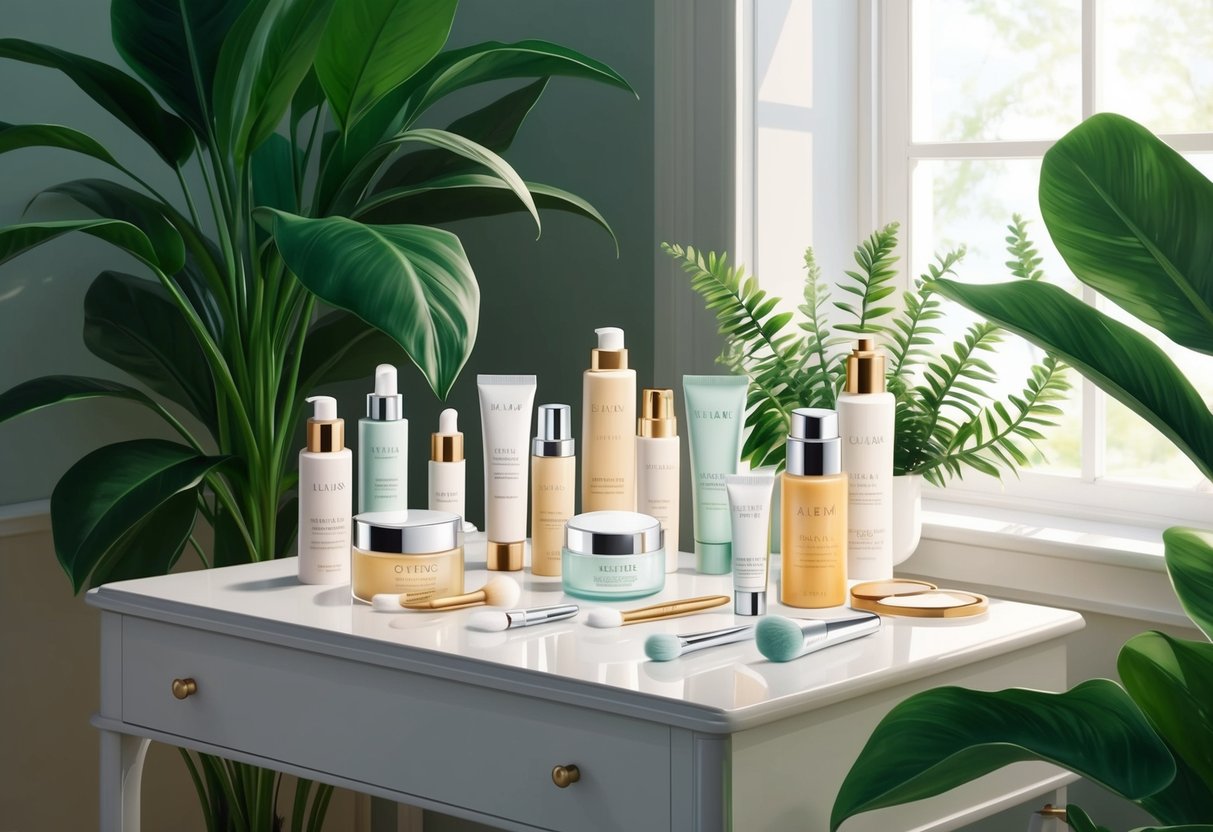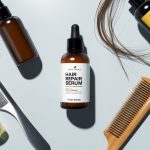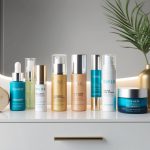10 Beauty Secrets Dermatologists Wish You Knew for Glowing, Healthy Skin
Locking in Hydration with Humectants
Humectants are essential for anyone aiming to maintain lasting hydration in their skin care routine. These ingredients work by attracting water from the environment and deeper layers of the skin to the surface, which helps keep the skin plump and soft.
Notable humectants include hyaluronic acid, glycerin, and urea, all commonly found in modern skin care products. For optimal results, humectants are best applied to slightly damp skin, which allows them to trap moisture more effectively.
Combining humectants with an occlusive, such as a light oil or cream, helps seal in hydration and minimizes trans-epidermal water loss. This strategy supports the skin barrier for a more resilient, supple appearance.
Ceramides, Hyaluronic Acid, and Glycerin
Ceramides, hyaluronic acid, and glycerin are key components in the most effective moisturizing products, each serving a distinct role. Ceramides reinforce the skin’s protective layer, locking in moisture and defending against external irritants.
Hyaluronic acid binds up to 1,000 times its weight in water, delivering intensive hydration and enhancing skin suppleness. Glycerin is a tried-and-true humectant that draws water into the outer skin layer, improving its softness without feeling greasy.
Using products that combine these ingredients leads to a balanced, hydrated complexion that’s less prone to dryness and irritation. Many dermatologists emphasize that these are among the most beneficial ingredients for all skin types.
Difference Between Moisturizing and Hydrating
Hydration and moisturization, while related, target different aspects of skin health. Hydration refers to increasing the water content within the skin, typically through the use of humectants like hyaluronic acid and glycerin.
These ingredients help replenish and attract water molecules to the skin’s surface. Moisturizing, on the other hand, focuses on trapping that water within the skin using oils, ceramides, and occlusives, which create a protective seal to prevent moisture loss.
For balanced skin care, it’s essential to address both hydration and moisturization, particularly if the skin feels tight, flaky, or dull. Understanding this distinction can help individuals select the most effective products for glowing, resilient skin.
Targeting Acne and Breakouts
Consistent acne and sudden breakouts often require specific care routines and proven treatment methods. Addressing underlying causes and using dermatologist-backed approaches can help manage active acne and prevent long-term effects like scarring and hyperpigmentation.
Top Acne Treatments Dermatologists Recommend
Dermatologists frequently recommend starting with a gentle cleanser twice a day to remove oil and debris without irritating the skin. Over-the-counter products containing benzoyl peroxide or salicylic acid are widely used for treating mild to moderate acne.
These ingredients help reduce inflammation and unclog pores. For severe or persistent acne, prescription options like topical retinoids or oral antibiotics may be necessary.
Retinoids promote cell turnover and help prevent clogged pores, while antibiotics target inflammation and bacterial growth. In some cases, hormonal treatments such as oral contraceptives or anti-androgens are also prescribed, especially for individuals experiencing hormonal acne.
Products with niacinamide and azelaic acid can further reduce redness and promote a more even skin tone. Sun protection is essential, as some treatments can increase photosensitivity.
Using non-comedogenic sunscreen helps protect skin without causing further breakouts. For a detailed overview of dermatologist-recommended tips, check the Top 10 Skincare Secrets from Dermatology PAs.
How to Prevent Scarring and Hyperpigmentation
Preventing scarring and pigmentation issues starts with avoiding picking or squeezing pimples. Manipulating acne lesions can introduce bacteria, cause further inflammation, and increase the risk of permanent acne scars or dark marks.
Applying treatments like topical retinoids, azelaic acid, or vitamin C serums can help fade post-inflammatory hyperpigmentation and encourage even skin tone. Gentle chemical exfoliation with alpha hydroxy acids (AHAs), such as glycolic acid, supports cell turnover and reduces lingering discoloration.
For deeper or persistent marks, dermatologists may recommend procedures like microneedling, chemical peels, or laser therapy. Sun exposure can worsen hyperpigmentation, so daily broad-spectrum sunscreen is necessary.
For more strategies on managing skin concerns, see the advice from skincare experts.
Combating Wrinkles and Fine Lines

Visible signs of skin aging, including wrinkles and fine lines, are influenced by external and internal factors. Targeted skincare habits and scientifically supported ingredients offer effective ways to reduce these signs and maintain a youthful complexion.
Retinol, Retinoids, and Anti-Aging Ingredients
Retinol and prescription retinoids remain gold-standard ingredients for smoothing fine lines and encouraging cell turnover. These vitamin A derivatives work by speeding up skin renewal and boosting collagen production, helping to reduce the depth and visibility of wrinkles over time.
Newer anti-aging products often combine retinoids with antioxidants like vitamin C and vitamin E. These combinations protect against free radical damage and further support skin repair.
People with sensitive skin can consider bakuchiol, a gentler plant-based alternative that offers similar benefits without as much irritation. Daily sunscreen is crucial when using retinol or retinoids.
Sun exposure can degrade these ingredients and cause increased sensitivity, making a broad-spectrum SPF essential for any anti-aging regimen. For more on dermatologist-recommended anti-aging tips, visit this list of evidence-based skin care secrets.



